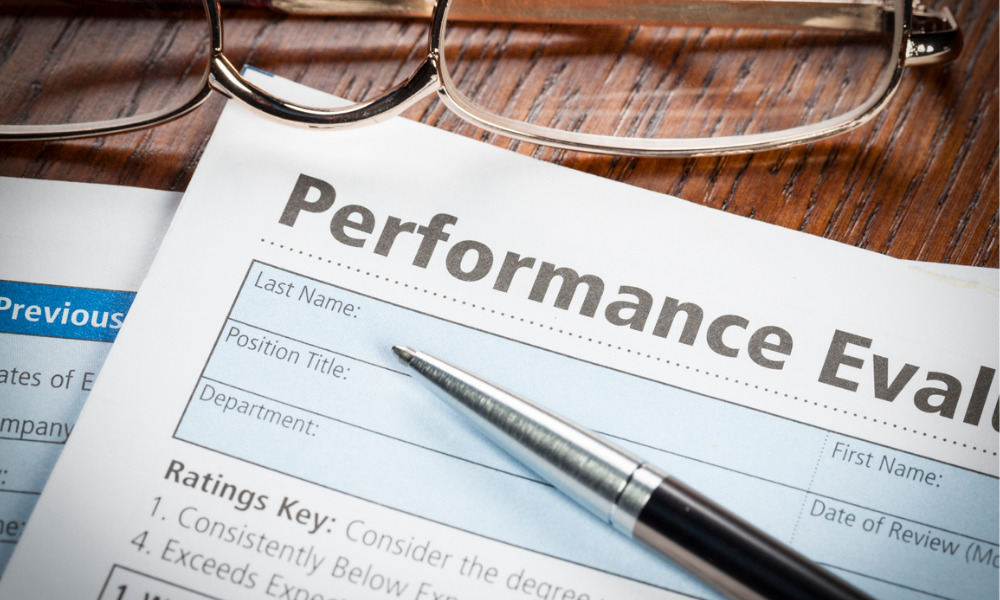
HR leaders are seriously underestimating the power of a good performance review

Despite a burning desire to receive regular feedback, less than half of your people are getting reviews from their managers – according to a new report.
A study from Eagle Hill Consulting found that only 48% of employees receive feedback on an annual or semi-annual basis, with a smaller eight percent saying they’ve never received feedback on their work. This is much to the ire of your people, with the report pointing out that more than half of workers said they want a review on their work performance.
In particular, 63% of workers seek a more "in the moment" feedback when it comes to their work, with younger workers (74%) wanting for this more than older staff (57%).
Melissa Jezior, president and chief executive officer (CEO) of Eagle Hill Consulting, described the situation as "problematic."
"It's problematic that about half of employees are receiving feedback only once or twice a year," said Jezior in a statement. "Employees need more ongoing and constructive feedback to be successful, and this research indicates they want more, especially younger workers."
Based on the report's findings, providing feedback is critical given its positive impact on employees and the organisation in general. About 82% of workers said they feel valued when someone takes time to give them feedback, while another 79% said they feel feedback is important to their professional development.
Read more: Focusing on employee feedback to combat the 'great resignation'
Receiving feedback from their bosses could be because of various factors, but the report underscored the impact of work arrangements, an aspect that has gone a massive change since the pandemic began.
According to the study, 38% of hybrid workers said getting feedback was a challenge. This is the same for 25% of fully remote and 19% of in-person workers.
"Two years ago, employers were thrust into remote work environments, and everyone was making the best of it. Now, many employers recognize that hybrid and remote work are viable options with benefits for both employees and employers," said Jezior.
"But it's challenging, especially when it comes to providing employees with the feedback they need to accomplish their goals and advance in their career."
The CEO advised employers to establish a system that could promote immediate feedback to staff.
"The key to better feedback for employers is to set up more frequent formal mechanisms for feedback and to foster a culture that embraces and promotes more 'in the moment' conversations about performance," said Jezior.
For 31% of hybrid workers, 22% of remote employees, and 16% of in-person staff, they also said having more forums to gather feedback from team leads is what they need to succeed in their work environment.